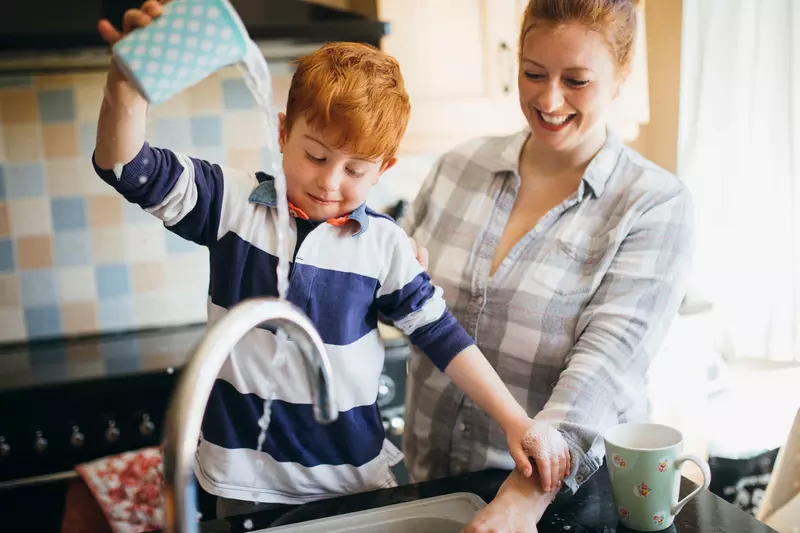- AdventHealth

ORLANDO, Fla., Aug. 23, 2016 A 16-year-old AdventHealth for Children patient has survived an infection that almost always kills. Naegleria fowleri, commonly known as brain-eating amoeba, is found in warm freshwater and has a fatality rate of more than 97 percent.
Its been miraculous to see Sebastian recover right before my eyes from such a fatal and unforgiving infection, said Dr. Humberto Liriano, a pediatric intensivist. This was a once-in-a-lifetime case for any doctor, and Ill take these lessons with me throughout the rest of my medical career.
The vacationing South Florida family first realized something was wrong when their son, Sebastian DeLeon, complained of a serious headache. When the headache grew worse, his parents found AdventHealth through an online search. He was admitted to AdventHealth for Children’s Emergency Department on Aug. 7 and received specialized medication within hours.
The U.S. Centers for Disease Control and Prevention (CDC) recommends treatment with a combination of drugs as early as possible for the best chances of survival. Typical treatment includes both killing the amoeba using medication including miltefosine and reducing the swelling of the brain by draining fluids, inducing coma, administering steroids and lowering the body’s temperature.
For two years, AdventHealth has placed special emphasis on knowing the signs and symptoms of this deadly infection, said Dr. Rajan Wadhawan, chief medical officer of AdventHealth for Children. We believe this concerted effort to educate our medical teams led to the quick thinking and action that saved Sebastian’s life.
The Florida Department of Health continues to investigate the case, and believes the teen contracted the infection after swimming on private property in Broward County.
Im so grateful that the staff at AdventHealth for Children were able to catch this rare infection so quickly, and even heal my son. We were fortunate to be so close, said Brunilda Gonzalez, Sebastian’s mother. Thank you to everyone on the staff. And thank you to God, who guided them. I truly believe this was a miracle.
Naegleria infections are extremely rare. In the past 50 years, only four people have survived the country’s reported 138 cases, according to the CDC. Symptoms usually start one to nine days after nasal exposure to Naegleria-containing water. Initial symptoms may include headache, fever, nausea, or vomiting. Later symptoms can include stiff neck, confusion, lack of attention to people and surroundings, loss of balance, seizures and hallucinations.
Sebastian is still recovering and will return home with his family soon.
The patients family has requested the media respect their privacy during their sons hospital stay and when they return home.
For media inquiries only, call AdventHealth Corporate Communications at Call407-303-8217.
Recent News
-
AdventHealth for Children’s pediatric urology team is internationally known for their wide range of expertise in the field.
-
Designed to complement the care found at AdventHealth for Children in Orlando, our eight Specialty Clinics, located throughout Central Florida, provide parents with convenient access to some of the...
-
AdventHealth for Children Joins With Community Partners to Establish the West Lakes Early Learning Center
